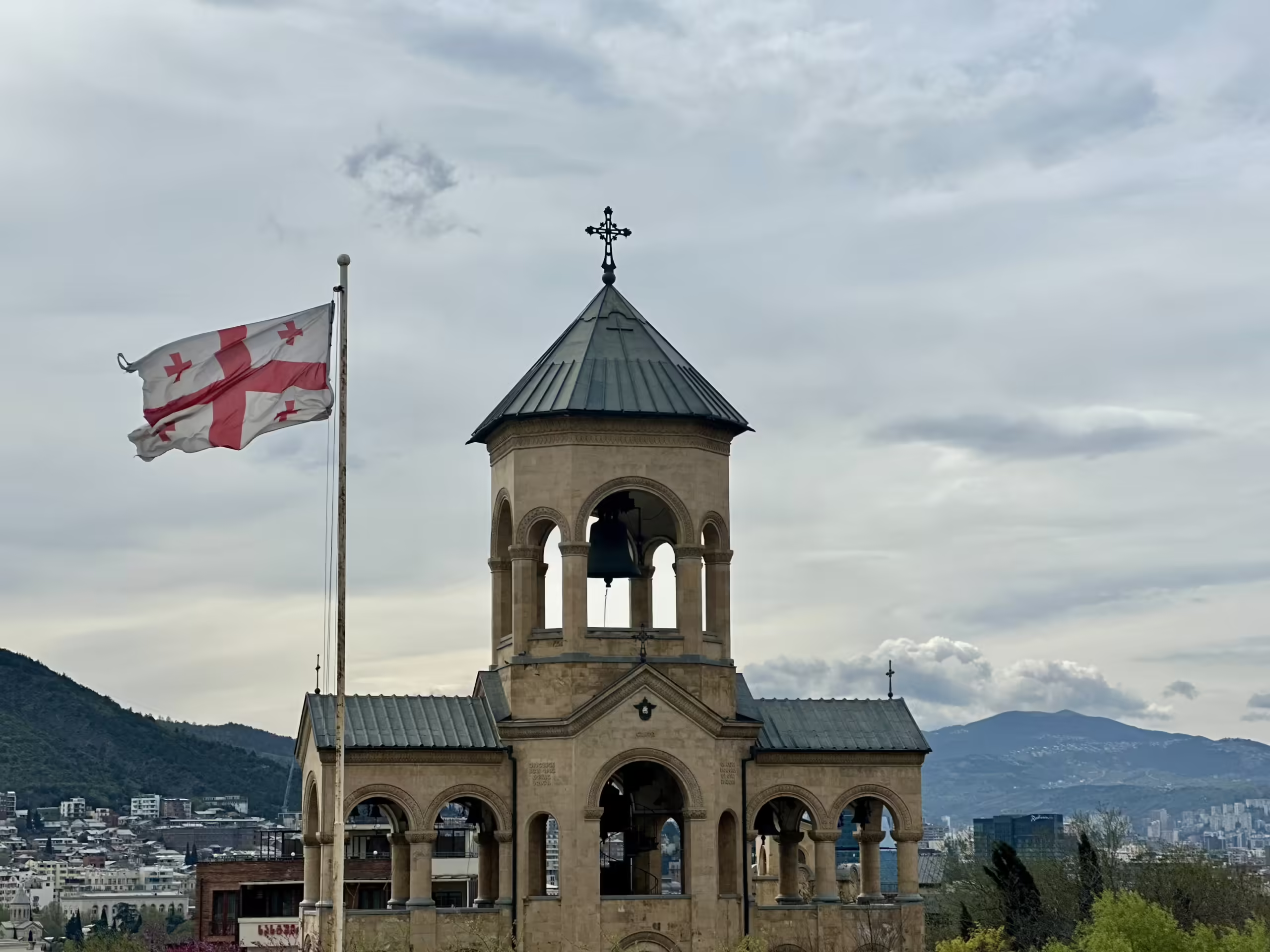
Extensive protests have erupted in the South Caucasus nation of Georgia in recent days following a controversial government decision to delay the country’s bid to join the European Union. The former Soviet nation is experiencing rising opposition against the governing party, Georgian Dream, across the country. The party has been accused of pursuing increasingly authoritarian, anti-EU, and pro-Russian policies.
The protests were triggered by Prime Minister Irakli Kobakhidze’s decision to suspend talks aimed at joining the European Union until 2028. This move comes after the European Parliament rejected Georgian Dream’s victory in the 26 October parliamentary elections, with Kobakhidze claiming the European Parliament was attempting to engage in “blackmail.” The European Parliament adopted a non-binding resolution rejecting the results and calling for new elections within a year, citing significant irregularities and reports of voter intimidation. Kobakhidze’s decision to suspend talks came just hours later.
Protests have continued for over a week, with many clips going viral globally. Reports of increasing violence and police brutality have emerged. Riot police in body armour have been pictured using tear gas and water cannons, and over 300 people have been arrested. PM Kobakhidze has accused opposition politicians of orchestrating the violence and blamed them for civilian injuries. Police have been recorded using violence against opposition leaders and journalists, with Amnesty International describing the police as engaging in the “persistent and widespread use of unlawful force” in Tbilisi. The leader of the opposition party Coalition for Change, Nika Gvaramia, was recorded being dragged into a car by multiple police officers. Additionally, journalist Guram Rogav was hit in the head by riot police during a live broadcast at a protest, suffering fractured facial bones in the assault. Rogav said it was clear riot police were “deliberately attacking media representatives.”
The US and EU have both criticised actions by the Georgian government and police force. The US State Department condemned the excessive use of force and has suspended the US-Georgia Strategic Partnership. EU foreign policy chief Kaja Kallas stated that the EU stands “with the Georgian people and their choice for a European future.” A spokesperson for Putin, Dmitry Peskov, said Moscow sees the situation in Georgia as similar to that in Ukraine in 2013 and 2014, where a pro-Russian president decided not to sign an association agreement with the EU and was later forced to flee due to political unrest. Relations between Georgia and Russia have been greatly influenced by Russia’s decision to recognise the breakaway regions of South Ossetia and Abkhazia, setting up military bases in the regions.
Levan Ioseliani, Georgia’s public ombudsman, has accused police of inflicting torture on people arrested during the protests. Georgia’s President, Salome Zourabichvili, has condemned the violence against the protesters and declared the elections illegitimate, saying she will remain in position until legitimate elections are held. Zourabichvili, a pro-EU figure, was due to step down when her term ends in December but claims an illegitimate parliament has no right to elect her successor. Georgia’s President has a largely ceremonial role. Kobakhidze has doubled down in the face of institutional opposition, vowing to stamp out the “liberal fascism” he claims is driving the protests. Regardless, the outcome of these protests will be incredibly significant and define Georgia’s political future, as well as stability in the wider region, for years to come.
Building with flag by Serenay Tosun, 2024 // Unsplash Content License



Average Rating